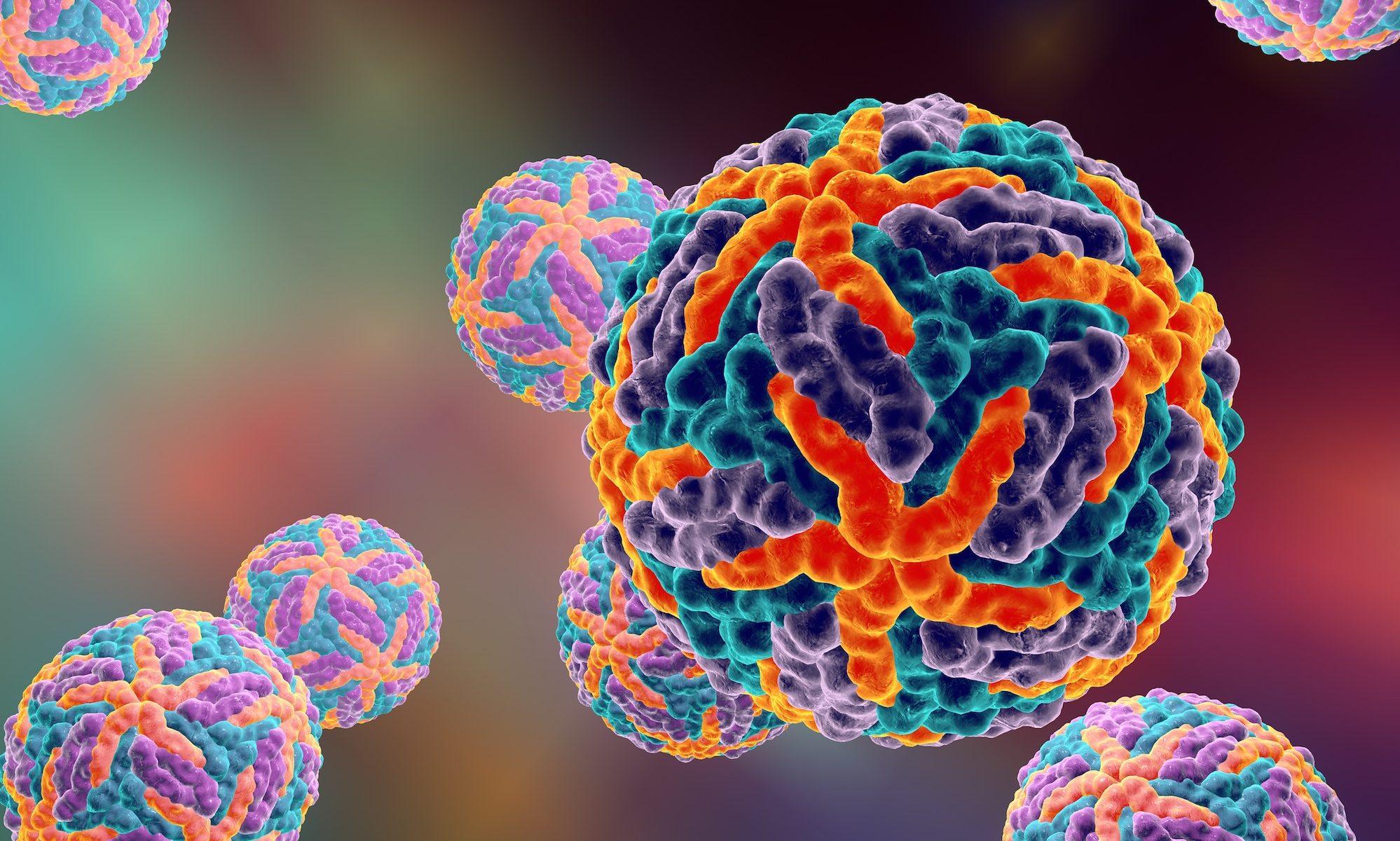Dengue vaccine could cause more severe infections in some settings.
Dengue (pron. DEN-gay) is one of the most common viral infections around the world, with widespread occurrence in Africa and Southeast Asia, and can lead to the life-threatening hemorrhagic fever. Although most people recover well, UF researchers have found the first approved dengue vaccine may increase the incidence of more severe disease if used in populations with low exposure or transmission of dengue.
Researchers at the University of Florida and other institutions have created models highlighting the risks associated with the vaccine, called CYD-TDV and trademarked Dengvaxia, and the regions where implementing it would prove most effective without producing undue disease burden. The research was published on Sept. 2, 2016 in the journal Science.
Dengue is a member of the flavivirus family, which has unique characteristics that may evade and confuse both the natural immune system and vaccine-given immunity. Although previous infections with a flavivirus contribute to a cumulative immunity against it, the immune system may be compromised for related viruses (including Zika, West Nile, and yellow fever). Previous research has shown that flaviviruses may block cell receptors that support the immune system. Even when the immune system “learns” the virus and produces antibodies, the strains of flaviviruses have wide genetic in how they enter cells. After first infection, the immune system still recognizes viral proteins upon second or related infection. Counterintuitively, antibodies cannot disable the virus; they imperfectly recognize it, creating a partially neutralized virus that is actually more likely to enter cells. Thus, in natural dengue infections, immunity induced by a prior infection is a major risk factor for severe illness. As such, individuals experiencing their second natural dengue infection have a higher risk of severe disease than those with their infection.
After two infections, however, the risk of severe infection decreases. Because the vaccine imitates a natural infection, it works best in areas where people have already been exposed to the virus.
“In places with high transmission intensity, most people have already been exposed to dengue at the time of vaccination and the vaccine has higher efficacy on average,” explains Derek Cummings, professor of biology at the University of Florida and an author of the study. “However, in places with lower transmission intensity, where individuals haven’t been previously exposed, the vaccine can place people at risk of severe disease and increase the number of hospitalized cases.”
Vaccine trials were conducted with over 30,000 participants from 10 countries across the globe and looked for evidence that vaccinated individuals could be placed at increased risk but found little evidence. However, an analysis of the publicly available trial data by a team of researchers at the University of Florida, Imperial College London and the Johns Hopkins Bloomberg School of Health suggests that at both population and individual scales, the vaccine could increase dengue disease if used in the wrong settings.
Given the dangers associated with vaccinating someone who has never been exposed to dengue virus, the authors recommend a point of care screening tool that could identify those who have been infected in the past. The World Health Organization agrees, recommending that countries consider introduction of the dengue vaccine only in geographic settings where epidemiological data indicate a high burden of disease.
The vaccine, which was produced by Sanofi-Pasteur, has already been licensed by six countries. The manufacturers of the vaccine have acknowledged that it does not work as well in those who have not been naturally infected before vaccination. This is consistent with the finding that the vaccine also tends to be less effective in young kids who haven’t lived long enough to be infected.
The work was funded by the UK Medical Research Council, the UK National Institute of Health Research under the Health Protection Research Unit initiative, National Institute of Allergy and Infectious Diseases and National Institute of General Medical Sciences (NIH) under the MIDAS initiative, and the Bill and Melinda Gates Foundation. “Benefits and risks of the Sanofi-Pasteur dengue vaccine: Modeling optimal deployment” by Neil M. Ferguson, Isabel Rodriguez-Barraquer, Ilaria Dorigatti, Luis Mier-y-Teran-Romero, Daniel J. Laydon and Derek A.T. Cummings is published in the journal Science.
See more about Derek Cummings’ dengue research.
